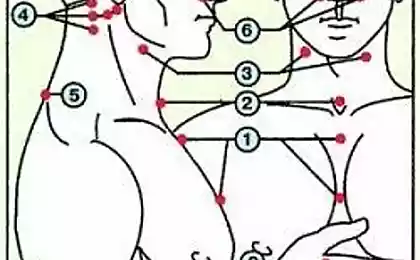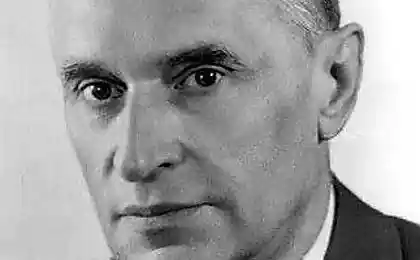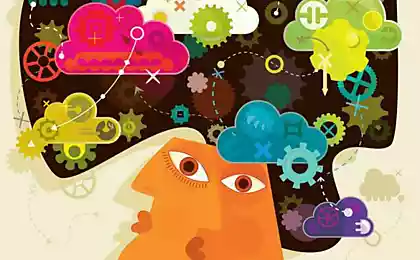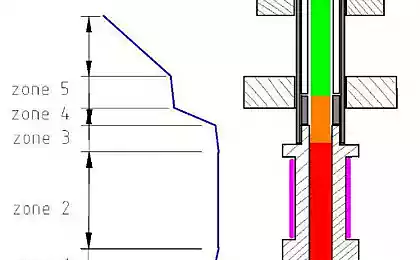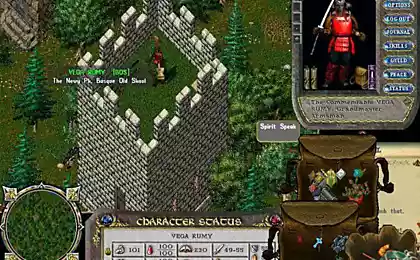145
Farewell Comfort Zone: 30 bold tasks per month

Description: A practical guide to expanding the boundaries of the familiar through daily micro-challenges. From talking to strangers to creative experimentation, how to reboot your perception of reality in 30 days.
Why comfort has become the enemy of progress
The comfort zone is not a physical space, but a mental trap where the brain chooses familiar patterns, avoiding energy-intensive adaptation. According to a study by the University of College London, 68 percent of people put off change for years because of fear of uncertainty. But the neuroplasticity of the brain proves that even small experiments rebuild neural connections, creating new paths of courage.
Courage is not the absence of fear, but the ability to act in spite of it. Bruce Lee.
How the Microcall Method Works
Psychologists recommend “expanding your comfort zone” rather than leaving it. The 30-day marathon is based on three principles:
- gradualism From simple actions to complex
- Mindfulness Fixing emotions in a diary
- Game. Turning discomfort into an adventure

30 Challenges: From Domestic Revolutions to Existential Breakthroughs
Social Experiments (Days 1-10)
- Call an old friend after 3+ years of silence
- Ask a stranger about his life story
- Make 10 compliments in a day
Creative Rebellion (Days 11-20)
- Write poems on a napkin in a cafe
- Create a costume from improvised materials
- Singing karaoke on the street

Physical Transformations (Days 21-30)
- Sleep on the other side of the bed.
- Walk 10 km on a new route
- Master basic movement in an unusual sport
The neuroscience of change
When you try something new, the amygdala (fear center) is activated 40 percent weaker than in sudden changes. Dr. Carol Dweck of Stanford notes, “Daily micro-calls form a growth mindset.”
Glossary
Comfort zone
Psychological space of habitual actions, where anxiety is minimal.
dopamine system
Neural circuits responsible for motivation and learning through reward.
Copying strategies
Ways to overcome stress by adapting to change.
How to teach children to clean: 2 important rules
Check the mole! In what cases should urgently go to the doctor?




